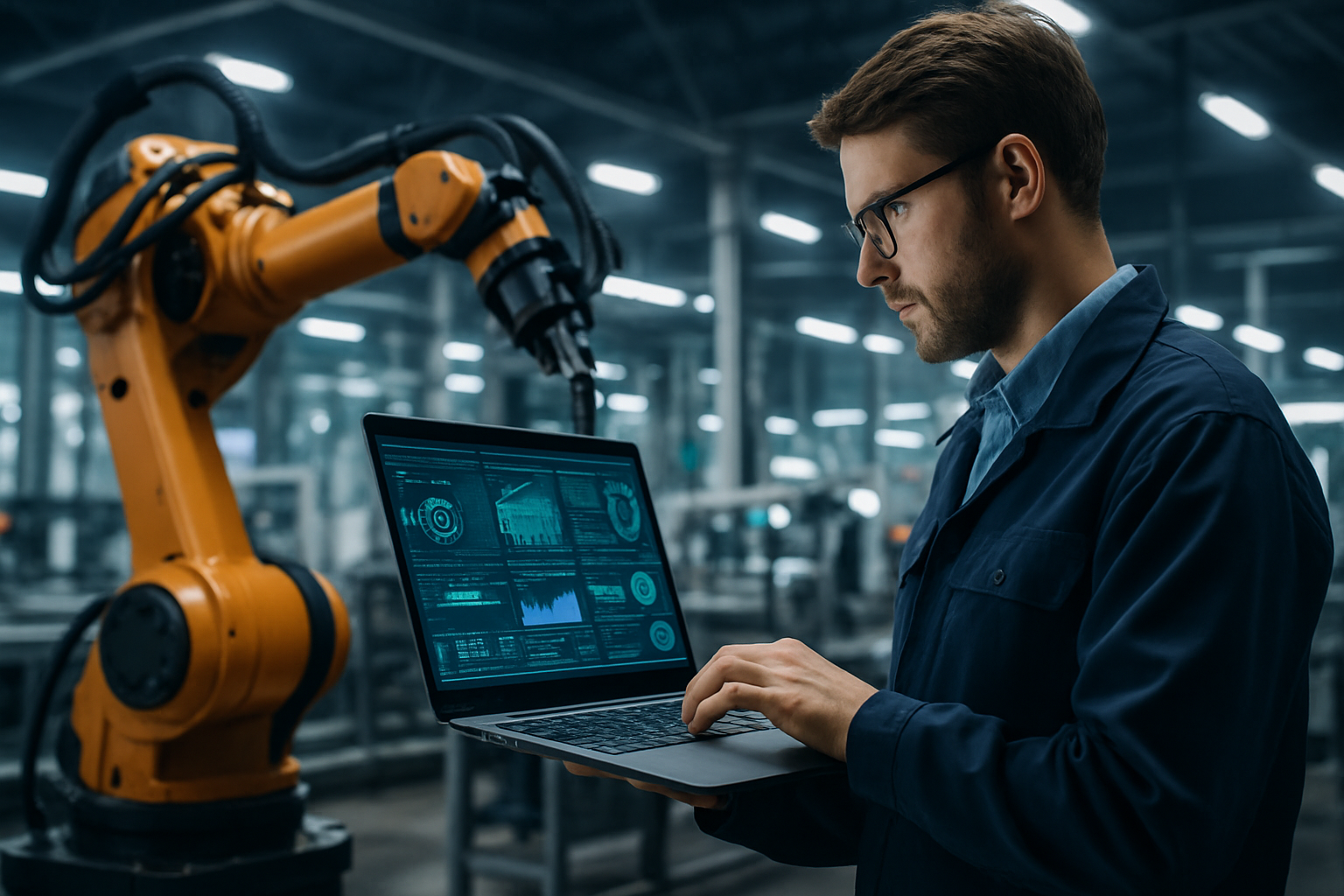Modular Production Systems: Revolutionizing Industrial Flexibility
The future of manufacturing lies in adaptability and rapid response to market changes. Modular production systems are emerging as a game-changing approach, allowing businesses to reconfigure their manufacturing processes swiftly and efficiently. This innovative methodology is reshaping how industries conceptualize and implement their production strategies, offering unprecedented flexibility and cost-effectiveness.

The concept of modularity in manufacturing has its roots in the automotive industry of the 1960s but has since evolved dramatically. Today’s modular systems leverage advanced technologies such as IoT sensors, AI-driven control systems, and robotics to create highly efficient and flexible production environments. These systems are not just about hardware; they encompass software, processes, and even organizational structures that support rapid reconfiguration and scaling.
The Business Case for Modularity
Adopting modular production systems offers numerous advantages for businesses across various industries. First and foremost is the ability to respond rapidly to market demands. In an era where consumer preferences can shift overnight, the capacity to retool production lines quickly can be the difference between market leadership and obsolescence. Modular systems allow companies to introduce new products or variants with minimal disruption to ongoing operations.
Cost-effectiveness is another significant benefit. While the initial investment in modular systems may be higher than traditional fixed lines, the long-term savings are substantial. Companies can avoid the costly process of completely overhauling production lines when introducing new products. Instead, they can simply add, remove, or reconfigure modules as needed. This approach also reduces maintenance costs, as individual modules can be serviced or replaced without affecting the entire line.
Implementing Modular Production: Challenges and Solutions
Transitioning to a modular production system is not without its challenges. One of the primary hurdles is the need for standardization. For modules to be truly interchangeable, they must adhere to strict standards in terms of interfaces, communications protocols, and physical dimensions. This requires careful planning and often collaboration with suppliers and industry partners to establish common standards.
Another challenge lies in managing the increased complexity that comes with modularity. While individual modules may be simpler than traditional production lines, the overall system can be more complex to manage. This is where advanced control systems and AI come into play. Sophisticated software can optimize the configuration of modules, predict maintenance needs, and even suggest reconfigurations based on production data and market trends.
Employee training is also a crucial consideration. Workers need to be skilled not just in operating individual machines but in understanding the entire modular system. This often requires a shift in mindset from specialized roles to more versatile, multi-skilled positions. Companies implementing modular systems must invest in comprehensive training programs to ensure their workforce can fully leverage the flexibility these systems offer.
Case Studies in Modular Success
Several companies across different industries have successfully implemented modular production systems, reaping significant benefits. For instance, a leading automotive manufacturer adopted a modular approach for its electric vehicle production. This allowed them to quickly scale up production as demand for electric vehicles grew, without the need for building entirely new production facilities. The modular system also enabled them to easily incorporate new battery technologies as they became available, keeping their products at the cutting edge of the market.
In the consumer electronics sector, a major smartphone manufacturer implemented a modular production system that allowed them to produce multiple models on the same line. This not only increased their production efficiency but also enabled them to quickly adjust production volumes based on real-time sales data. The flexibility of their system allowed them to maintain a competitive edge in a rapidly changing market.
The Future of Modular Production
As technology continues to advance, the potential of modular production systems is set to grow exponentially. The integration of AI and machine learning will enable these systems to become increasingly autonomous, optimizing their own configurations and predicting market demands. Advanced materials and 3D printing technologies may allow for even greater flexibility, with modules capable of adapting their physical properties to suit different production needs.
The concept of modularity is also expanding beyond individual factories. Some visionaries in the industry are proposing modular production ecosystems, where different companies can share and reconfigure production modules as needed. This could lead to a more resilient and efficient manufacturing sector, capable of responding to global challenges and opportunities with unprecedented agility.
Key Strategies for Implementing Modular Production Systems
• Conduct a thorough assessment of current production processes to identify areas suitable for modularization
• Invest in standardization efforts, both internally and with industry partners
• Develop a comprehensive training program to prepare workforce for the shift to modular systems
• Implement advanced control systems and AI to manage the complexity of modular production
• Start small with pilot projects before scaling up to full modular production
• Regularly review and optimize module configurations based on production data and market trends
In conclusion, modular production systems represent a significant leap forward in manufacturing technology and philosophy. By embracing this approach, businesses can achieve unprecedented levels of flexibility, efficiency, and responsiveness to market demands. While challenges exist in implementation, the potential benefits far outweigh the obstacles. As industries continue to evolve in an increasingly dynamic global market, modular production systems will likely play a crucial role in shaping the future of manufacturing.





